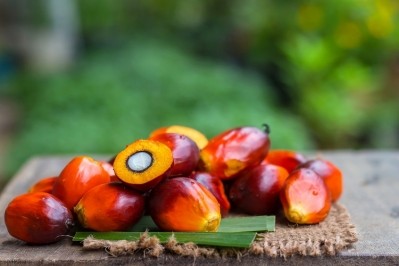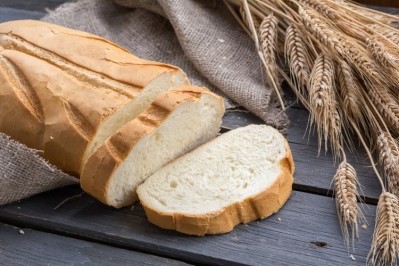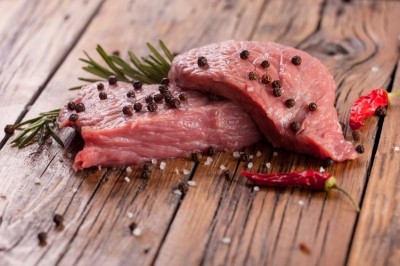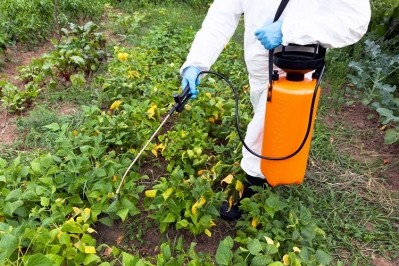Dairy milk 'associated with breast cancer risk': study
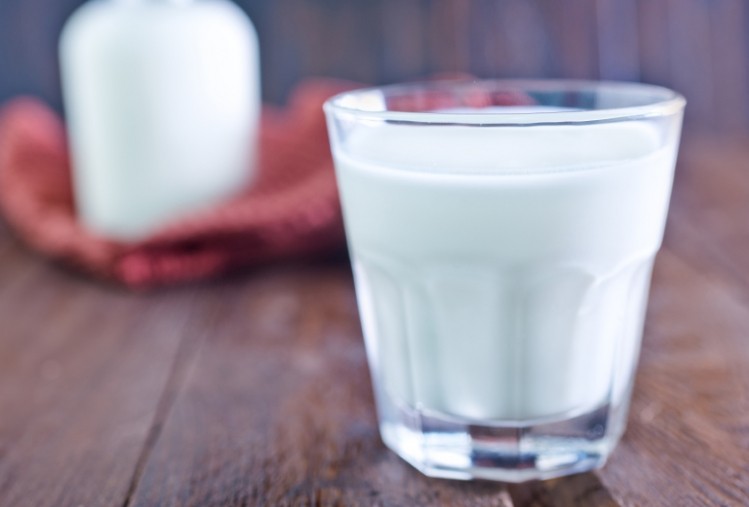
Researchers from Loma Linda University Health found even ‘relatively moderate’ dairy milk consumption can increase women’s breast cancer risk. Depending on the amount consumed, the study claimed it could increase risk by as much as 80%.
Lead author Gary Fraser said that the observational study provides ‘fairly strong evidence’ that dairy milk or ‘some factor closely related to drinking dairy’ is ‘a cause of breast cancer in women’.
"Consuming as little as one-quarter to one-third cup of dairy milk per day was associated with an increased risk of breast cancer of 30%," Fraser said. "By drinking up to one cup per day, the associated risk went up to 50%, and for those drinking two to three cups per day, the risk increased further to 70% to 80%."
The paper was published in the International Journal of Epidemiology. The eight-year investigation looked at the dietary intake of nearly 53,000 women, all of whom were initially free from cancer. Dietary intakes were estimated from food frequency questionnaires and repeated 24-hour recalls. A baseline survey took in information on demographics, family history of cancer, physical activity, alcohol consumption, medication, breast cancer screening as well as reproductive and gynaecological history.
By the end of the study, participants reported 1,057 new breast cancer cases to follow up.
Plant-based milks may be 'optimal choice'
The study detected ‘no clear associations’ between consumption of soy-based milk alternatives and the development of breast cancer, independent of dairy.
When compared to low or no milk consumption, higher intakes of dairy calories and dairy milk were associated with greater risk of breast cancer, independent of soy intake.
Fraser noted that the results had minimal variation when comparing intake of full fat versus reduced or non-fat milks. There were no important associations noted with cheese and yogurt.
He continued: "However, dairy foods, especially milk, were associated with increased risk, and the data predicted a marked reduction in risk associated with substituting soy milk for dairy milk. This raises the possibility that dairy-alternate milks may be an optimal choice."
A hazardous effect of dairy is consistent with the recent AHS-2 report suggesting that vegans but not lacto-ovo-vegetarians experienced less breast cancer than non-vegetarians, the researchers noted.
Hormone link?
Fraser said in a statement the possible reasons for an association between breast cancer and dairy milk may be the sex hormone content of dairy milk, as the cows are of course lactating, and often about 75% of the dairy herd is pregnant.
Breast cancer in women is a hormone-responsive cancer.
Further, intake of dairy and other animal proteins in some reports is also associated with higher blood levels of a hormone, insulin-like growth factor-1 (IGF-1), which is thought to promote certain cancers.
"Dairy milk does have some positive nutritional qualities," Fraser said, "but these need to be balanced against other possible, less helpful effects. This work suggests the urgent need for further research."
Source
'Dairy, soy and risk of breast cancer: Those confounded milks'
International Journal of Epidemiology
DOI: http://dx.doi.org/10.1093/ije/dyaa007
Authors: Gary E Fraser, Karen Jaceldo-Siegl, Michael Orlich, Andrew Mashchak, Rawiwan Sirirat, Synnove Knutsen
